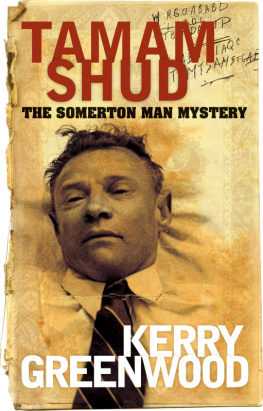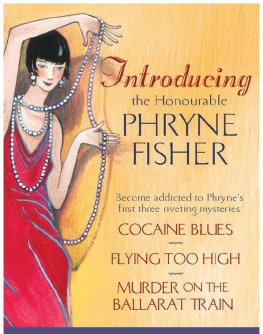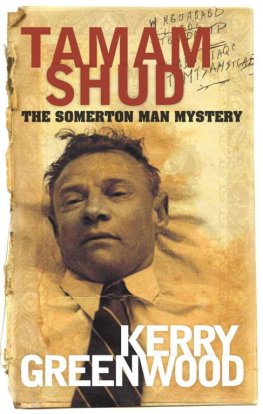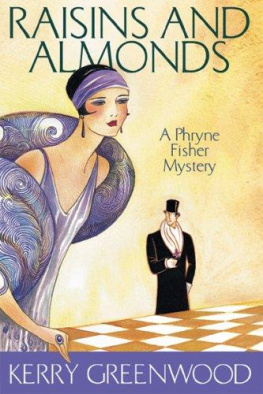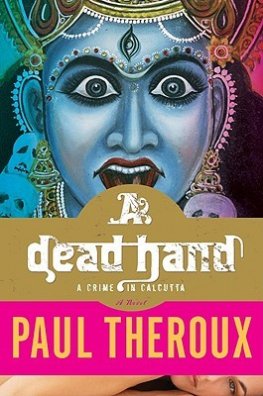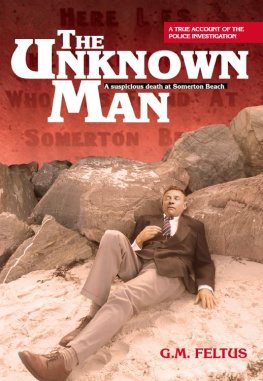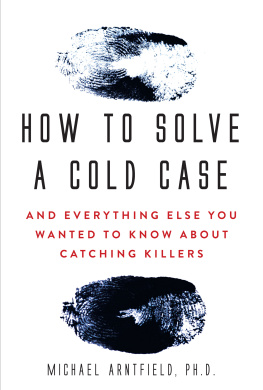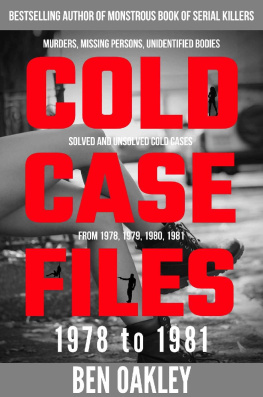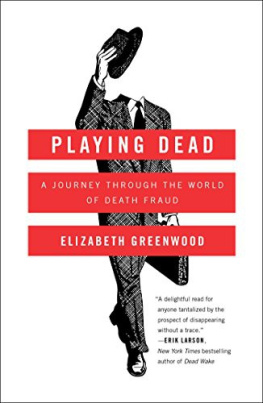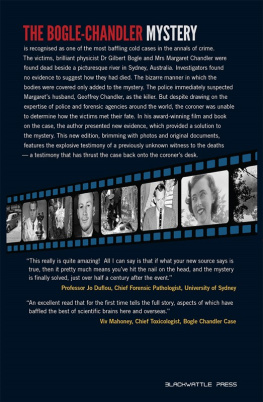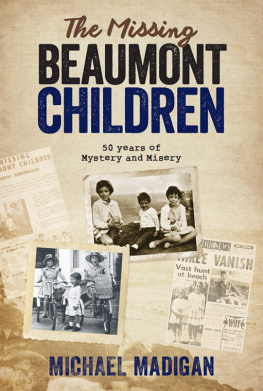
KERRY GREENWOOD is a crime fiction writer best known for her detective series of Phryne Fisher books, recently made into the television series, Miss Fishers Murder Mysteries. She has written a number of plays, is an award-winning childrens writer and has edited and contributed to several anthologies, including one about women murderers called Things She Loves: Why women kill. She lives in Footscray, Melbourne.

A NewSouth book
Published by
NewSouth Publishing
University of New South Wales Press Ltd
University of New South Wales
Sydney NSW 2052
AUSTRALIA
newsouthpublishing.com
Kerry Greenwood 2012
First published 2012
10 9 8 7 6 5 4 3 2 1
This book is copyright. Apart from any fair dealing for the purpose of private study, research, criticism or review, as permitted under the Copyright Act, no part of this book may be reproduced by any process without written permission. Inquiries should be addressed to the publisher.
National Library of Australia Cataloguing-in-Publication entry
Author: Greenwood, Kerry.
Title: Tamam Shud: the Somerton man mystery/Kerry Greenwood.
ISBN: 9781742233505(pbk)
9781742241289(epub)
9781742243818(mobi)
9781742246178(epdf)
Subjects: Dead Identification South Australia Adelaide Case studies.
Anonymous persons South Australia Adelaide Case studies.
Murder victims South Australia Adelaide Case studies.
Death Causes South Australia Adelaide Case studies.
Somerton Beach (Adelaide, S.A.).
Dewey Number: 614.1
Design Josephine Pajor-Markus
Cover design Sandy Cull
Map Di Quick
Cover images Somerton Man corpse. Courtesy Gerald Feltus
Printer Griffin Press
All reasonable efforts were taken to obtain permission to use copyright material reproduced in this book, but in some cases copyright could not be traced. The author welcomes information in this regard.
This book is printed on paper using fibre supplied from plantation or sustainably managed forests.

This book is dedicated to the memory of my father AW Greenwood, much cherished, much missed. Daddy darling.
Contents


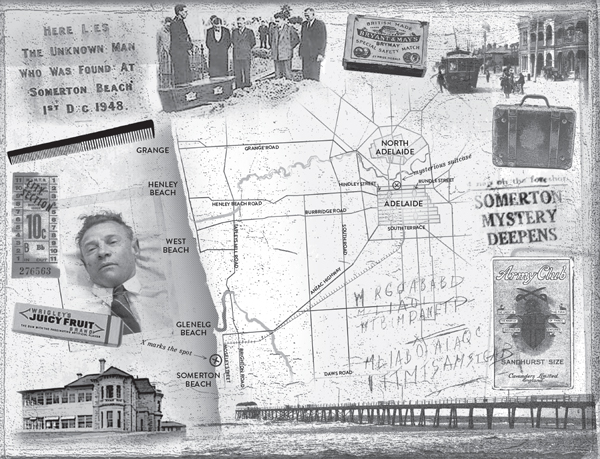
Introduction
Ah, make the most of what we yet may spend
Before we too into the Dust descend;
Dust into Dust, and under Dust, to lie,
Sans Wine, sans Song, sans Singer and sans End.
The Rubaiyat of Omar Khayyam, stanza 23
My mother has a strict regard for truth. She loves facts, history, biography. But my father taught me fiction because he told wonderful stories. Dad was a wharfie and a knockabout bloke, who ran away from his nice respectable middle-class home when he was fifteen to be a shearer; who had been everywhere and done everything; who invented a special tool to replace dolls arms; who felt that if a story needed embellishment to make it a good story, then he was the man to embellish it. I listened to his stories with huge enthusiasm, but I never really believed him. You wouldnt bet your life on my dads veracity.
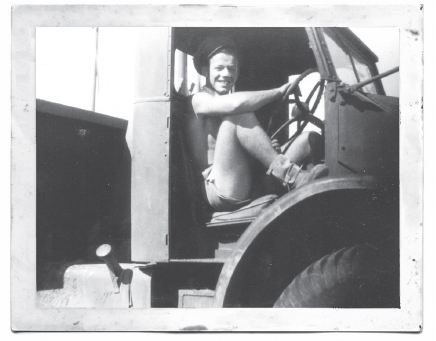
Al Greenwood came back from working in Adelaide and took a job at Melbourne Port as an off-season wharfie. He stayed there for the rest of his working life.
So no one was more surprised than me to find that the Tamam Shud mystery was all true.
In 1948 my father went to Adelaide. He had just got out of the army and had been stringing wires at Woomera Rocket Range as a signaller. He was slim and tanned with a mop of red curls and beautiful brown eyes. A friend of his, a boxer called Ray Dunn (also known as Killer), had had a disagreement with John Wren, the crime lord of the time, and felt that trying his luck in another city for a while might be wise, so he and my dad palled up. They stayed in Adelaide for almost a year.
In December 1948, my dad told me, the body of a man was found at the bottom of the steps on Somerton Beach. He was clean, manicured, well-nourished and well-dressed and had no visible wounds. Someone had gone to the trouble of removing all the labels from his clothes, which attracted immediate attention from the constabulary. And in the fob pocket of his pleated trousers, overlooked at first, was a piece of paper with the words Tamam Shud on it. Tamam Shud is the last phrase of The Rubaiyat of Omar Khayyam, the works of a Persian poet translated by Edward FitzGerald, which used to be a popular Christmas gift for relatives one did not know well. My father said that the rest of the book was found in a car belonging to a doctor, parked at the top of the steps down to Somerton Beach. The phrase Tamam Shud had been torn out of it and on the back of the page there was an unbreakable code. The autopsy determined that the man had been poisoned but the poison could not be identified. He was buried in West Terrace cemetery and the police kept a body cast, but no one ever claimed him.
All true. I should have twigged, because, unusually, my dads story had no ending. No satisfactory solution. Years later, when I was casting about for a mystery to solve for a short story collection called Case Reopened, I remembered Dads Tamam Shud story and looked it up. And I found that not only had my dad been accurate, which was not like him at all, but that the case was even more peculiar than he had known.
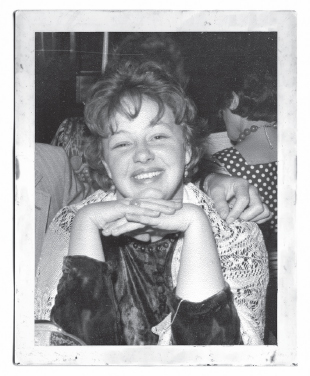
Kerry as a fruit picker in 1975. Picking grapes was my own connection to Adelaide. For two weeks or more I would work all day dragging a bag of grapes through the rows of vines, happy as the sun was long.
I had my own Adelaide connection as well. I used to go there every summer in the seventies for the fruit picking. I stayed in East Terrace with a friend of mine and enjoyed the city, especially as a relief from all those grapes. But I have always been uneasily aware that under its hypercivilised veneer, Adelaide is an eerie place, where they rather go in for strange killings Truro, Snowtown, The Family. Murder is universal but Adelaide murder always has a twist. I remember thinking, as I lazed around Central Market, drinking Italian coffee and eating jam doughnuts from the pie cart, that I would love to investigate the history of the city one day and see if I could work out what made it such a fey place.
They are all gone into the world of light. My Adelaide of the seventies is gone, along with my youth and strength. The Adelaide of 1948 is gone, both the authorised version and the one related to me by my dad. The man found on Somerton Beach is gone, cocooned in his mystery. My father has gone, three years dead. In this book I will try to understand all of them and provide some explanations and then I will have to close the book and let them all go.
Next page
